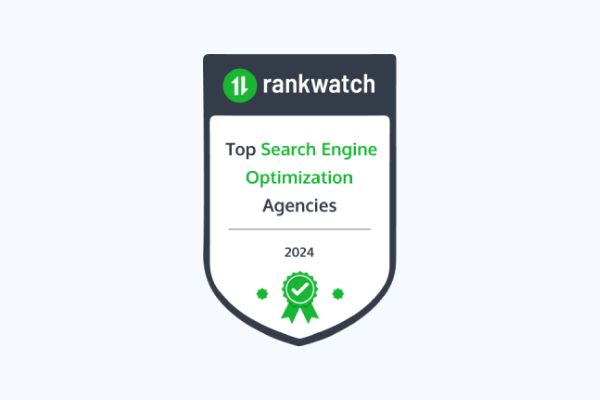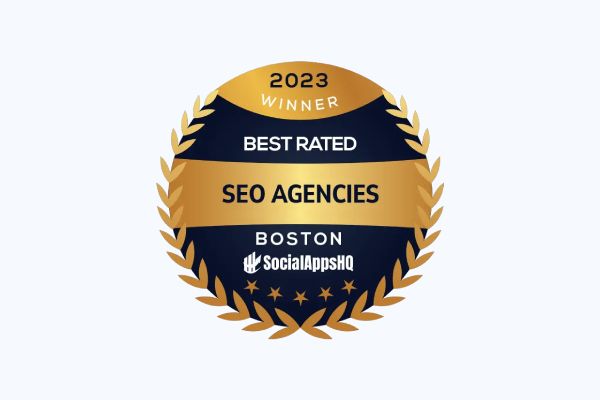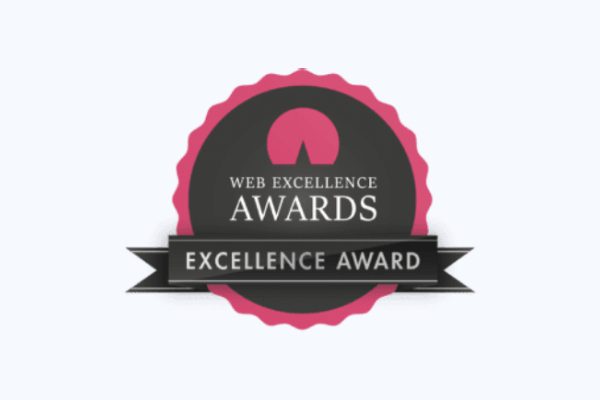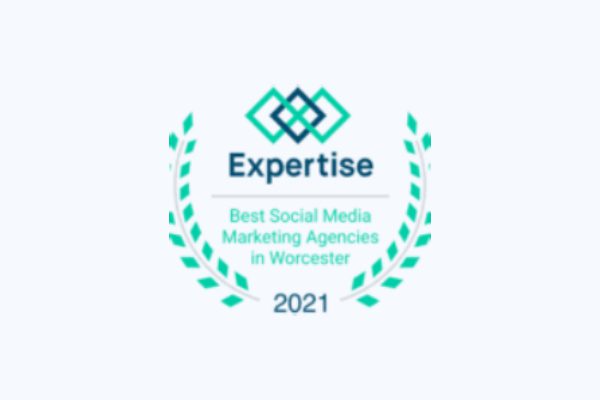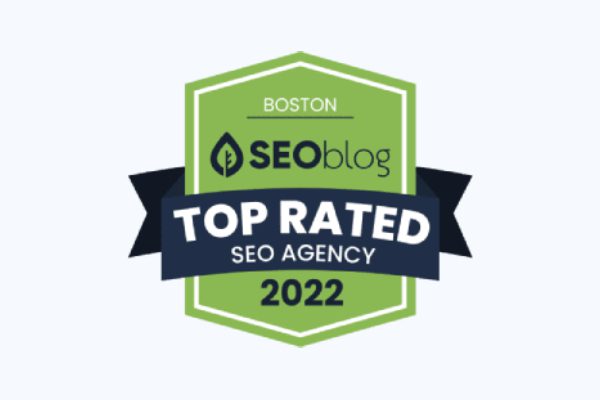Why SEO Matters for Digital Marketers
“SEO” stands for Search Engine Optimization – the practice of making your content visible to the right audience on Google and other search engines. For marketers, SEO is no longer optional. It’s one of the most cost-effective ways to reach potential customers online.
Consider this: 87% of shoppers start their buying journey online (Salesforce). If your website doesn’t appear in search results, your competitors will get the clicks, traffic, and leads.
Why Ranking on Page 1 is Critical
Here’s a key takeaway: According to Moz, content on the first page of Google results captures 71% of search traffic clicks, with some studies showing it as high as 92%. After page one, the clicks immediately drop, with second-page results accounting for less than 6% of all website clicks. The vast majority of people never go beyond the second page. In short, good SEO translates to visibility and leads. Poor SEO means almost no one will see you.
Key Takeaway: If you’re not on page one, you’re missing out on nearly all potential organic traffic.
With these numbers in mind, marketers have put SEO front and center of their digital strategies.
Google ranks content on over 200 factors, using an ever-changing algorithm that is primarily based on relevancy to the user’s search term, authority on the topic, content quality, and the content freshness. The SEO expert’s job is to understand the relative importance of each factor, apply SEO techniques to the content, and refine SEO practices over time. For marketers without SEO expertise, these techniques can be somewhat fuzzy.
Build-your-own websites like WordPress, Wix, and GoDaddy give marketers access to basic SEO tools, and marketers are expected to know how to maximize them. That’s hard if you don’t fully understand SEO, don’t have SEO tools, or don’t hire an SEO pro. Unfortunately, we know that insufficient SEO can cause you to fall behind your SEO-savvy competitors.
SEO isn’t as big an issue if you solely rely on paid ads, such as PPC (pay-per-click) campaigns. Google guarantees top placement in exchange for advertisers paying a fee each time the ad is clicked. SEO, on the other hand, is unpaid; placement is based on how Google’s algorithm ranks your content based on how useful it will be for the searcher. The most useful content will “organically” rise in search rank. The ultimate goal is to reach the top of page one, and SEO helps you get there.
SEO vs. Paid Search (PPC): Which Should You Choose?
Many marketers wonder if they should rely solely on Pay-Per-Click (PPC) advertising or focus on organic SEO. Here’s how they compare:
Traffic and Leads
- 53% of all website traffic comes from organic search (BrightEdge).
- Only 3% of users click on paid ads—most people skip them in favor of organic results.
Authority and Trust
Organic search builds brand authority and positions you as a trusted resource. PPC ads can drive traffic quickly but lack the long-term trust factor.
Conversion Rates
- SEO leads have a 15% close rate
- Outbound leads (cold calls, ads) close at less than 2% (Business 2 Community)
SEO Is Relatively Cheap and Has Longevity
- PPC costs keep rising—average CPC is $2.32—and stop delivering the moment you stop paying.
- Optimized SEO content builds momentum over time and keeps generating leads long after it’s published.
How SEO Works: Key Ranking Factors
Google uses over 200 ranking factors. The main ones include:
Relevance: How closely your content matches the search query
Content Quality: Fresh, in-depth, and original content ranks higher
Authority: Backlinks from credible websites boost your site’s reputation
User Experience: Page speed, mobile-friendliness, and easy navigation matter
Marketers can use SEO plugins on platforms like WordPress, Wix, and GoDaddy to optimize content, even without advanced technical skills.
Top SEO Resources for Marketers in 2025
Here are some of the best blogs, tools, and learning platforms to sharpen your SEO skills:
SEO Blogs
Moz Blog
SEO fundamentals, advanced tactics, and research.
https://moz.com/blog
Search Engine Journal
Industry news, tips, and webinars.
https://www.searchenginejournal.com
Yoast SEO Blog
Beginner-friendly SEO guides for WordPress.
https://yoast.com/seo-blog/
Neil Patel Blog
Digital marketing tips and free tools.
https://neilpatel.com/blog/
SEMrush Blog
SEO insights, eBooks, and analytics tips.
https://www.semrush.com/blog/
SEO You Tube Video Chanels
aHREFs YOUTUBE CHANNEL: AHREFs offers a well-regarded SEO toolset, and its YouTube channel has great free tutorials that show you how to increase organic search traffic. There are tutorials for people with all levels of SEO knowledge, from beginner to expert.
SEO Courses
Digital Marketer: Get something for nothing with Digital Marketer’s large resource library full of free marketing tools, templates, and webinars. You can also sign up for their Free DM Insider Newsletter for weekly tactical ideas. For a monthly charge of $97, you have access to more training through their Virtual Marketing Academy.
SEO Podcasts
Search Talk Live (Podcast): Practical SEO and digital marketing advice.
Robert O’Haver and Matt Weber offer expert SEO tips, advice, and insights gleaned from their years of experience. Learn about SEO best practices, tools and analytics, social media, link earning, content marketing, paid campaigns, and more.
SEO 101 covers a wide range of SEO topics for beginners, starting from square one. Hosts Ross Dunn and John Carcutt provide helpful basic-level information, without overwhelming you with technical details.
SEO Books
The Story Engine (book or audible): The Story Engine: An Entrepreneur’s Guide to Content Strategy and Brand Storytelling Without Spending All Day Writing. This free book by Kyle Gray provides a clear, concise, and actionable strategy to leverage inbound marketing for both B2B and B2C businesses. The book includes how-to information and easy-to-use content marketing templates.
Make SEO Part of Your Digital Strategy
SEO isn’t just a marketing buzzword—it’s the foundation of online visibility and lead generation. Whether you handle SEO in-house or hire professionals, investing in high-quality, optimized content pays off in the long run.
Start by updating your existing content, adding internal links, and refreshing statistics for 2025. Over time, you’ll see more traffic, higher rankings, and better leads.



